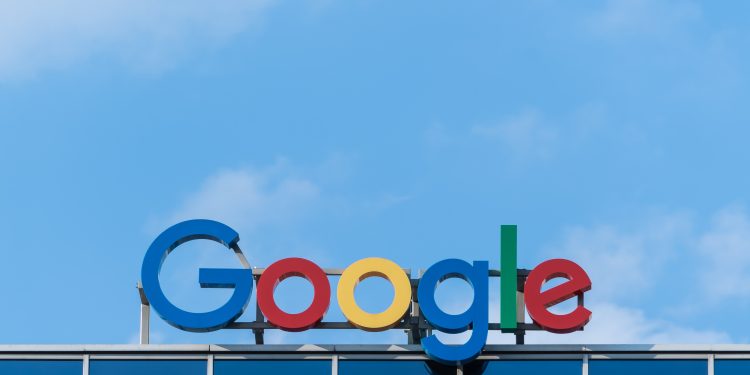Billing options, or the ways in which a business chooses to bill its customers, can often be a source of competitive discrimination. Businesses may offer different billing options to different groups of customers, based on factors such as creditworthiness or contract length. This can lead to different customers paying different prices for the same product or service. billing options can also be used to discourage competition. For example, a business might only offer billing options that are unfavorable to potential new competitors. This can make it more difficult for new businesses to enter the market and compete with established firms. Thus, billing options can have a significant impact on competition and can be used as a tool to discriminate against certain types of businesses. Where does Google fit in?
A long investigation of Google business practices surrounding billing options for app developers in India has resulted in findings that Google presented anti-competitive discrimination. Business Standard reports on the news today:
The findings come after a months-long investigation triggered by protests from developers, who’ve complained the US internet giant charges an unfairly high fee in return for using Android app stores and its proprietary payments service.
Alphabet Inc., Google’s parent, and Apple Inc. have come under pressure from regulators around the world who accuse the twin mobile giants of forcing developers to use their payment systems, then taking an outsized cut of revenue. In South Korea, Google was forced to provide an alternative billing system after regulatory action. In that market, Google said it was reducing app makers’ fees by 4%.
The report from the Competition Committee of India specifically calls out Google Pay’s stifling of options by restricting access to the Indian UPI system.
“Google is imposing unfair and discriminatory conditions in violation of regulations,” the Indian agency said in its preliminary report dated March 14. Google’s conduct is also resulting in denial of market access to competing UPI apps since the market for UPI enabled digital payment apps is multi-sided, and the network effects will lead to a situation where Google Pay’s competitors will be completely excluded from the market in the long run,” it said, referring to the Unified Payments Interface or state-backed payments infrastructure.
In response, Google announced changes last month to allow some apps to provide direct billing and says it will continue to work with Indian regulators to provider service in the market without restricting competition.
Overview by Jordan Hirschfield, Director of Research at Mercator Advisory Group











